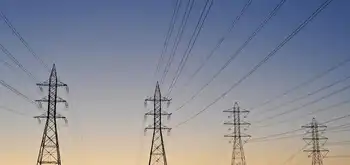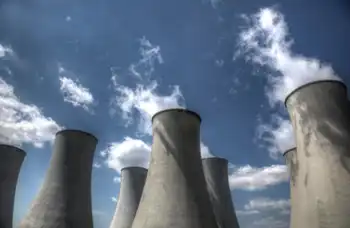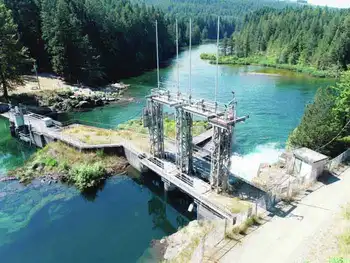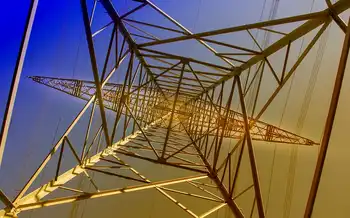Nuclear plans at a crossroads
By Toronto Star
Substation Relay Protection Training
Our customized live online or in‑person group training can be delivered to your staff at your location.

- Live Online
- 12 hours Instructor-led
- Group Training Available
Now we learn, thanks to a "request for proposal" (RFP) issued earlier this month by the government, that the actual figure is up to 3,500 megawatts. And that is just for the first stage of new nuclear reactors in the province. There will almost certainly be subsequent stages.
This should not be shocking news to anyone who has followed the evolution of the electricity sector in Ontario, however. Given that the existing reactors are coming to the end of their productive lives and that the province has an oft-stated goal of phasing out the coal-powered plants by 2014, Ontario does not have much choice.
Unless, that is, one believes that renewables (wind, water, solar), conservation and natural gas can fill the gap. We don't. So, the real question is not how much nuclear power Ontario will build but what type of reactors it will choose. And here the RFP takes the province in a whole new direction, with profound implications down the road.
Specifically, Energy Minister Gerry Phillips has announced an open competition for the design of the next generation of nuclear reactors in the province. Short-listed for the competition are Atomic Energy of Canada Ltd. (AECL), which is owned by the federal government, and three foreign firms: AREVA (owned by the French government), and GE Hitachi and Westinghouse Electric (both based in the U.S.).
Heretofore, AECL has been the sole supplier of reactors to Ontario. Now, the provincial government is saying that AECL will get no special consideration. It is just one of several bidders on a level playing field.
That means this could be the beginning of the end for our homegrown nuclear technology – known as Candu – of which we have been rightly proud. There are reasons for this, of course.
First of all, AECL's future is uncertain. There is constant talk – not denied by the federal government – that the company is up for sale. Ontario wouldn't want to commit to buying more reactors from AECL without knowing whether Ottawa will be there to backstop the deal. By holding an open competition, Ontario is effectively telling Ottawa to put up or shut up.
Secondly, AECL has suffered a loss of public confidence as a result of the recent fiasco over its isotope reactor at Chalk River. Furthermore, the 21st-century version of its Candu reactor that it hopes to sell to Ontario – known as the ACR 1000 – is still on the drawing board.
Of course, AECL has one obvious selling point over its competitors: By investing in more Candu reactors, Ontario would keep all those high-tech jobs here in the province. But to address this seeming advantage, competitors like AREVA are promising to hire mostly local physicists and engineers to build new reactors in Ontario.
Still, other things being equal, Ontario would prefer to buy its reactors from AECL. The problem, for AECL and the domestic nuclear industry, is that other things may not be equal.











